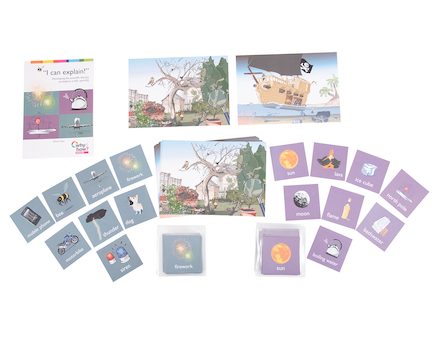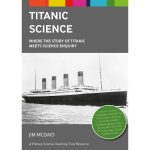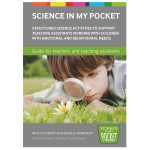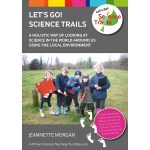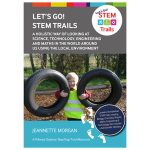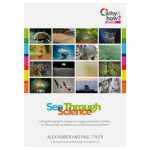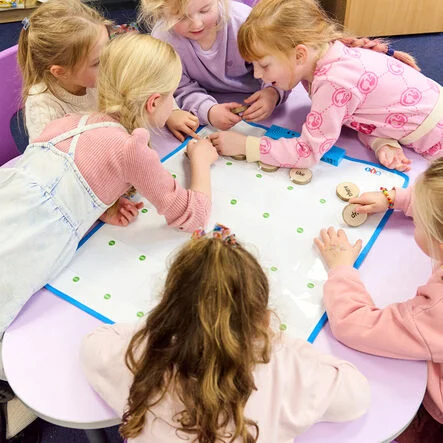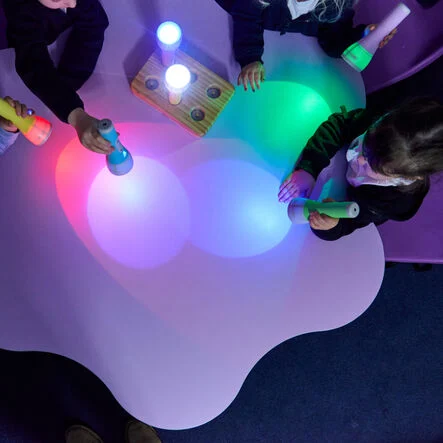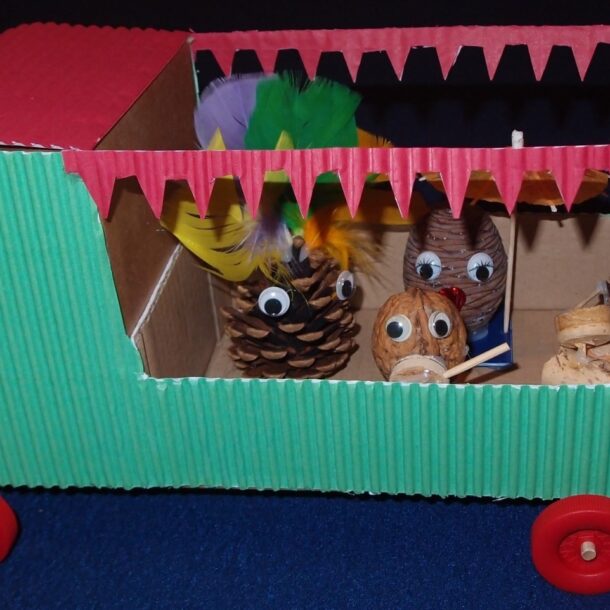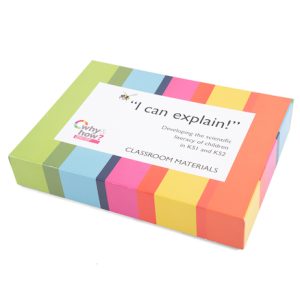 The benefits of this approach include:
The benefits of this approach include:
- Children develop scientific literacy.
- They have opportunities to explore why they believe something to be true.
- They learn to justify their own ideas as well as making informed and confident challenges to the ideas of others.
- They develop an appreciation that science is tentative and cannot always give answers.
- They have a chance to use and explore scientific terminology and use it with genuine understanding.
- They develop the ability to work as an effective member of a group.
This boxed resource includes:
- 10 sets of sound picture cards
- 10 sets of hot and cold picture cards
- 10 A4 picture cards of a pirate ship (floating and sinking)
- 10 A4 picture cards of a garden habitat (plants and animals)
- Teacher’s Guide book
How does it work?
Four scientific areas are explored through discussion:
- Sound
- Hot and cold
- Floating and sinking
- Plants and animals
Each area has 6 different activities with enough picture prompts to split children into small mixed- ability groups. The activities are designed to be done in order, as they tend to increase in complexity (although this is not essential).
The activities can be used as an introduction to or part of a topic, or as separate entities – as part of a science day, for example.
Lots of questions are provided as starting points for discussions, as well as commonly held beliefs and alternative ideas such as:
“Boiling is the maximum temperature a substance can reach, and freezing is the minimum.”
“Heavy things sink, and light things float.”
“Humans are not animals”
Each child will bring a range of different personal experience to the discussion, and these experiences will influence the evidence they use to support their ideas and explanations.
Other PSTT resources in this blog series:
The Primary Science Teaching Trust (PSTT) have a vision to see excellent teaching of science in every classroom in the UK
There is much to explore on their web site, Primary Science Teaching Trust – PSTT including many free digital downloads, videos, and excellent support for subject leaders.

